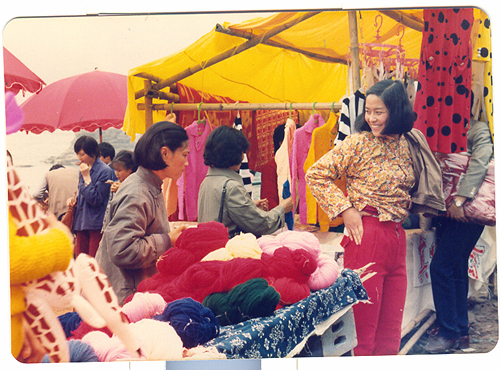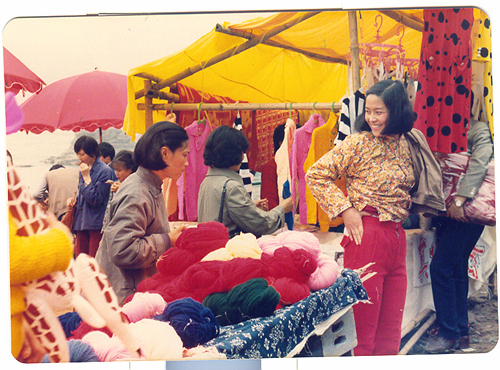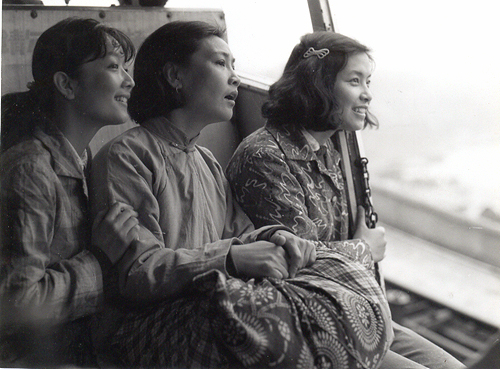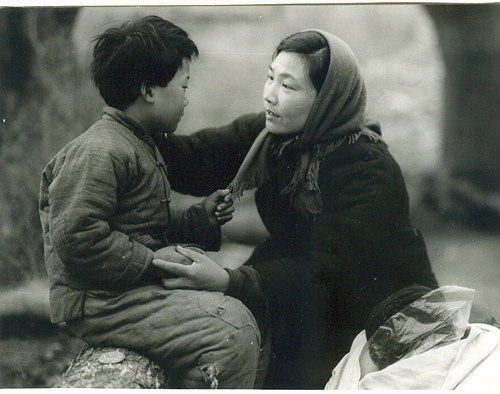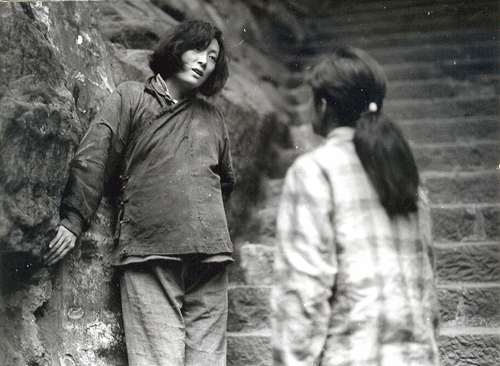10th(2008)
- Opening Film (7)
- New currents (29)
- Queer Rainbow (16)
- Girls on Film (20)
- Asian Short Film & Video Competition (19)
- Focus on PENG Xiaolian (5)
- Open Cinema (6)
- Female Bodies: Biopolitics and Body Politics (11)
- Fantastic Women\'s Cinema: Women in Paraxis (9)
- Curtain Call (11)
- 97-07 Women\'s Cinema in Korea (11)
- Documentary Ock Rang Award (1)
- Media Workshop for Women Migrants (1)
Women\'s Story
PENG Xiaolian
- China
- 1988
- 97min
- 35mm
- color
- 드라마
SYNOPSIS
Women’s Story was the first work to garner international acclaim for Peng Xiaolian. It is about three women living in China’s northern countryside and straightforwardly raises the issue of gender inequality hidden in a communist society. The reality of women’s lives in the film is very similar to that of Cuiqiao’s in Yellow Earth (Chen Kaige), a film made during the same period. Both films show the fact that farmers and intellectuals, rural and urban, man and woman are not equal in the operation of the communist ideology and criticize the Confucian patriarchal tradition still surviving in rural peasant society. The film insists on the addition of an adjective, ‘patriarchal,’ before communism. There are three women in the film: Laizima, Xiaofeng and
Jinxiang. Laizima bring raises her 8-year-old son by herself, Xiaofeng is sold into marriage to a deaf-mute, and Jinxiang has to sell linsey thread. They go to the big city together but are deceived and get lost and in trouble on the way. They finally return home but waiting for them are their families and the deaf-mute who was supposed to be married to Xiaofeng. Against the deaf man with a rope and his friend with a hoe, Xiaofeng slowly walks towards them and at that moment Laizima and Jinxiang stand abreast with Xiaofeng. They march off against two men together. This is a women’s film resisting through women’s solidarity and revealing patriarchal practices such as the preference of sons over daughters, the exchange of women between tribes through marriage, and financial subordination in China. (KIM Sunah)
PROGRAM NOTE
Women’s Story was the first work to garner international acclaim for Peng Xiaolian. It is about three women living in China’s northern countryside and straightforwardly raises the issue of gender inequality hidden in a communist society. The reality of women’s lives in the film is very similar to that of Cuiqiao’s in Yellow Earth (Chen Kaige), a film made during the same period. Both films show the fact that farmers and intellectuals, rural and urban, man and woman are not equal in the operation of the communist ideology and criticize the Confucian patriarchal tradition still surviving in rural peasant society. The film insists on the addition of an adjective, ‘patriarchal,’ before communism. There are three women in the film: Laizima, Xiaofeng and
Jinxiang. Laizima bring raises her 8-year-old son by herself, Xiaofeng is sold into marriage to a deaf-mute, and Jinxiang has to sell linsey thread. They go to the big city together but are deceived and get lost and in trouble on the way. They finally return home but waiting for them are their families and the deaf-mute who was supposed to be married to Xiaofeng. Against the deaf man with a rope and his friend with a hoe, Xiaofeng slowly walks towards them and at that moment Laizima and Jinxiang stand abreast with Xiaofeng. They march off against two men together. This is a women’s film resisting through women’s solidarity and revealing patriarchal practices such as the preference of sons over daughters, the exchange of women between tribes through marriage, and financial subordination in China. (KIM Sunah)
Director
-
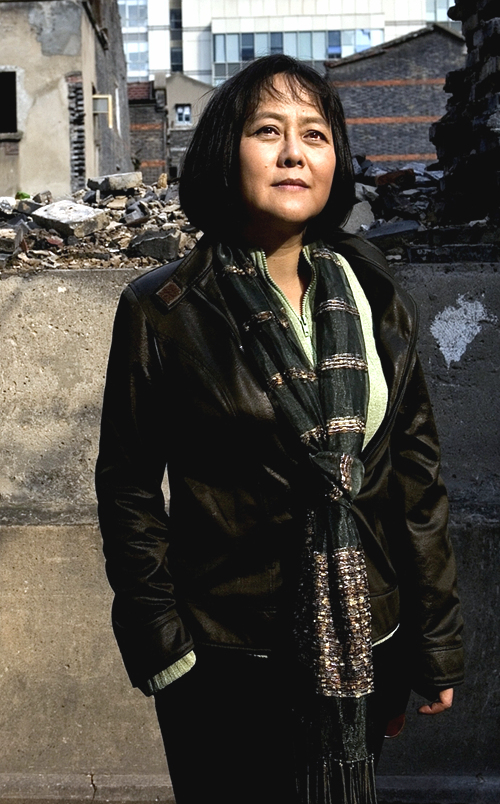
PENG XiaolianPENG Xiaolian
설명 준비중입니다.
Credit
- ProducerHE Yijie
- Cast SONG Ruhui, ZHANG Wenrong, ZHANG Min
- Screenwriter MAO Xiao
- Cinematography LIU Lihua
- Editor SHEN Chuanti
- Music MAO Yang
- Sound DU Heidi

